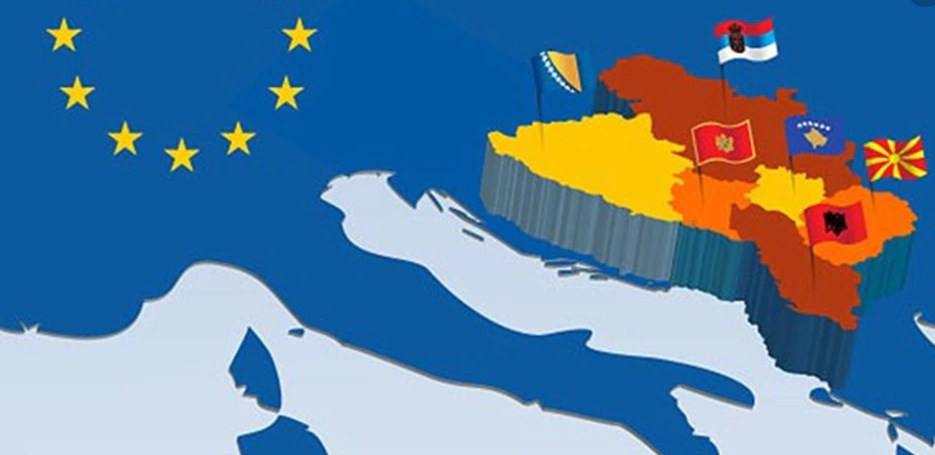At the proposal of the Office of the President of the Government, at today’s 95th session, the Government considered three reports related to the regional cooperation of all six countries within the framework of the Berlin Process, and the harmonized texts of the agreements were accepted.
1. The government reviewed and adopted the report on the conclusion of the Agreement on freedom of movement with identity cards in the Western Balkans and accepted the harmonized text of the Agreement. This Agreement covers all six countries of the region, namely: Albania, Bosnia and Herzegovina, Kosovo, Montenegro, Macedonia and Serbia, within the framework of the Berlin process guided by the principles of EU law, European values, and EU good practice. The agreement provides for the same conditions for entry, transit, exit, and short stay of ID card holders.
2. The Government reviewed and adopted the report on concluding the Agreement on the recognition of the professional qualifications of doctors of medicine, doctors of dental medicine and architects, in the context of the free trade agreement and accepted the harmonized text of the Agreement. This Agreement covers all six countries of the region, namely: Albania, Bosnia and Herzegovina, Kosovo, Montenegro, Macedonia and Serbia within the framework of the Berlin process, and enables the exchange of professionals who possess a professional qualification for doctors of medicine, doctors of dentistry and architects, in a format that will remove the barriers of national legislation.
3. The government also reviewed and adopted the report on the conclusion of the Agreement for the recognition of higher education qualifications in the Western Balkans and accepted the harmonized text of the Agreement. This Agreement also covers all six countries of the region, namely: Albania, Bosnia and Herzegovina, Kosovo, Montenegro, Macedonia and Serbia within the framework of the Berlin Process. The agreement represents a great success in finding common, practical and transparent solutions to improve practices for the recognition of higher education, by establishing standards and procedures for the recognition of higher education qualifications, and is also in accordance with the Lisbon Convention on the Recognition of Qualifications, which refers to higher education in the European area.





Comments are closed for this post.